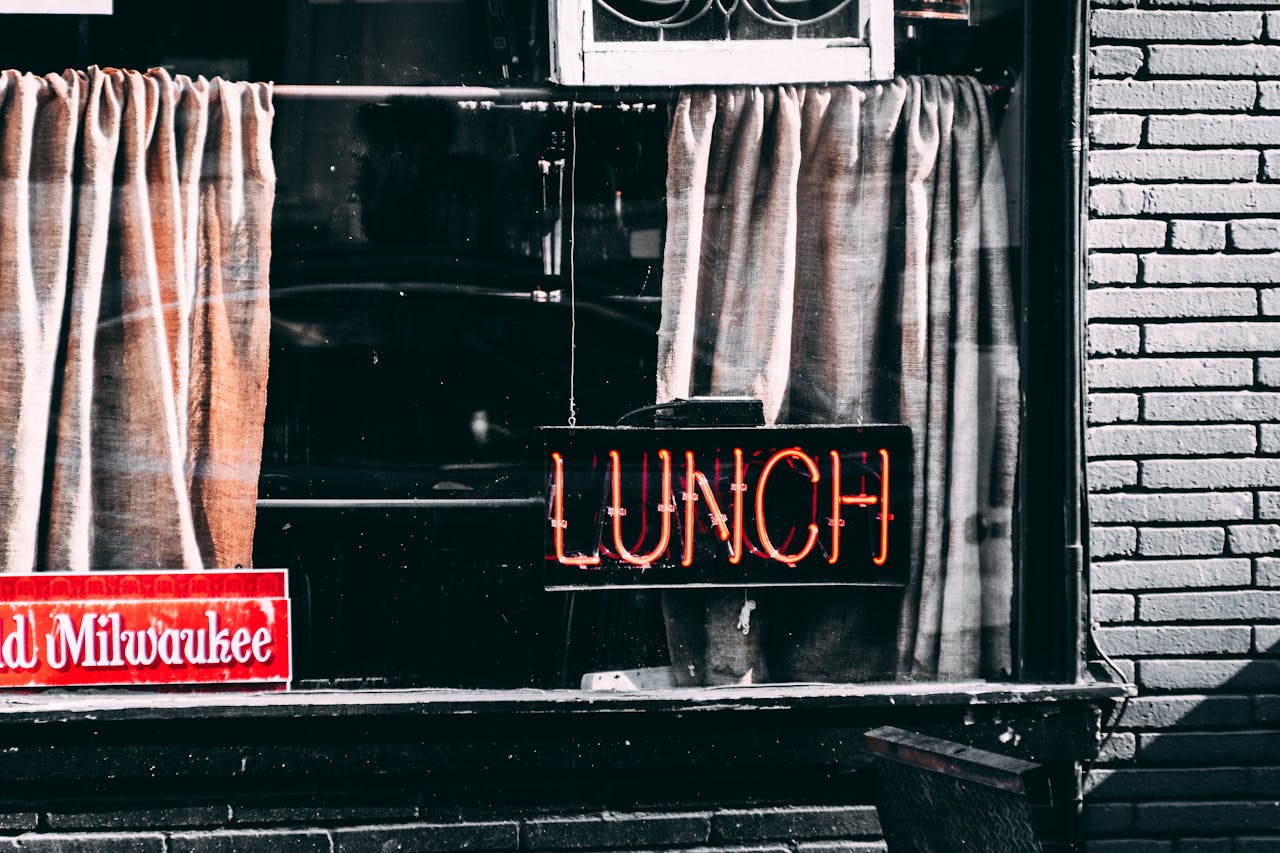Restaurant promotions are designed to attract customers, boost sales, and create buzz. However, even the most well-intentioned deals can sometimes go awry, leading to backlash, negative press, and a swift retreat. For diners, these stories are more than just industry gossip—they’re cautionary tales about what can happen when a promotion isn’t fully thought through. For restaurant owners and marketers, they’re valuable lessons in what to avoid. Whether you’re a coupon hunter or a business owner, understanding why specific restaurant promotions failed can help you spot red flags and make more intelligent choices. Let’s dive into seven real-life restaurant promotions that had to be pulled after complaints, and what you can learn from each one.

1. Burger King’s “Women Belong in the Kitchen” Tweet
In 2021, Burger King UK launched a campaign on International Women’s Day with the tweet, “Women belong in the kitchen.” The intention was to highlight the gender gap in the culinary industry and promote scholarships for female chefs. However, the initial tweet—without context—sparked outrage for perpetuating sexist stereotypes. The backlash was swift, and Burger King deleted the tweet, issuing an apology. This restaurant promotion is a classic example of how tone and context matter. If you’re running a campaign, always consider how your message could be misinterpreted, especially on social media where nuance is often lost.
2. IHOP’s “IHOb” Name Change Stunt
IHOP tried to generate buzz by temporarily changing its name to “IHOb” (International House of Burgers) in 2018. The restaurant promotion was meant to highlight their new burger menu, but it confused and annoyed loyal pancake fans. Many customers felt misled, and the backlash forced IHOP to clarify the stunt and revert to its original branding. The lesson here is to avoid promotions that risk alienating your core customer base. If you’re introducing something new, make sure it complements—not replaces—what your regulars love.
3. Starbucks’ “Race Together” Campaign
Starbucks launched its “Race Together” campaign in 2015, encouraging baristas to write “Race Together” on cups and start conversations about race relations with customers. While the intention was to foster dialogue, many customers felt uncomfortable discussing sensitive topics during their coffee run. The campaign was widely criticized and quickly discontinued. This restaurant promotion shows that not every social issue is best addressed at the point of sale. If you want to support a cause, consider less intrusive ways to engage your audience.
4. McDonald’s “McResource Line” for Employees
McDonald’s once promoted a “McResource Line” to help employees with financial advice. However, the advice included tips like “break food into pieces to feel fuller” and “sing to relieve stress,” which many saw as tone-deaf given the company’s low wages. After public complaints and media scrutiny, McDonald’s pulled the resource. This restaurant promotion highlights the importance of understanding your audience’s real needs. If your offer seems out of touch, it can do more harm than good.

5. Domino’s “Free Pizza for Life” Tattoo Offer
Domino’s Russia launched a promotion promising free pizza for life to anyone who tattooed the Domino’s logo on their body and shared it on social media. The campaign went viral, with hundreds of people getting tattoos within days. Domino’s was overwhelmed and had to end the promotion early, resulting in a limited number of winners. This restaurant promotion teaches a crucial lesson: always anticipate the scale of response and set clear limits. If your offer is too open-ended, it can spiral out of control.
6. Chili’s “Presidential Election” Margarita Deal
During a U.S. presidential election, Chili’s offered discounted margaritas based on the outcome. The restaurant promotion was intended to be fun, but it quickly became divisive, with customers complaining about the politicization of dining. Chili’s received enough backlash to pull the deal. The takeaway? Avoid tying promotions to polarizing events. Focus on inclusive offers that bring people together rather than divide them.
7. KFC’s “FCK” Apology Ad
After a chicken shortage in the UK, KFC ran an ad rearranging its logo to spell “FCK” as an apology. While many found it clever, some customers and advocacy groups complained about the implied profanity. The ad was eventually pulled from certain outlets. This restaurant promotion shows that humor can be risky—what’s funny to some may offend others. Always test your campaign with a diverse group before releasing it to the public.
What These Restaurant Promotions Teach Us About Smart Marketing
Each of these restaurant promotions was designed to grab attention, but they ultimately backfired due to poor planning, a lack of audience understanding, or a misjudged tone. The common thread is that even the most prominent brands can make mistakes when they don’t fully consider how their offers will be received. For consumers, these stories serve as a reminder to look beyond the hype and think critically about the deals they see. For businesses, the lesson is clear: test your ideas, listen to feedback, and always prioritize your audience. Restaurant promotions can be powerful tools, but only when executed with care and empathy.
Have you ever seen a restaurant promotion go wrong? Share your story or thoughts in the comments below!
Read More
Get Ready to Argue: These 8 Brands Have the Worst Customer Service
5 Supermarkets Under Fire for Alleged Racial Profiling of Shoppers
The post 7 Restaurant Promotions That Had to Be Pulled After Complaints appeared first on Grocery Coupon Guide.



.jpg?w=600)



